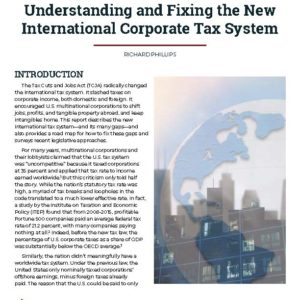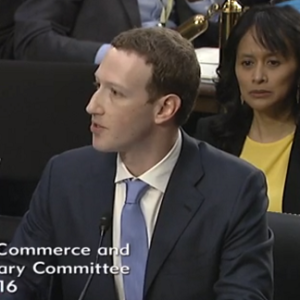On February 1, the B Team published “A New Bar for Responsible Tax: The B Team Responsible Tax Principles,” with the endorsement of nine corporations (Allianz, BHP, Maersk, Natura, Repsol, Safaricom, Shell, Unilever and Vodafone). I was privileged to serve as a member of the Company Working Group that oversaw the development of the Principles over the course of 2017, representing an investor perspective.
After several years of engagement with a variety of corporations on these issues on behalf of Domini Impact Investments, I am optimistic that the B Team’s work establishes a promising platform for meaningful dialogue with corporations about their tax practices. The Principles are not perfect, but I believe they represent an important step forward.
I was therefore very disappointed to see TJN’s critique of the Principles, The B-Team: Lowering the bar for tax transparency? I reached out to Alex Cobham, Chief Executive of Tax Justice Network, and both of us felt that our exchange would be worth sharing, as other organizations evaluate the B Team principles for themselves.







